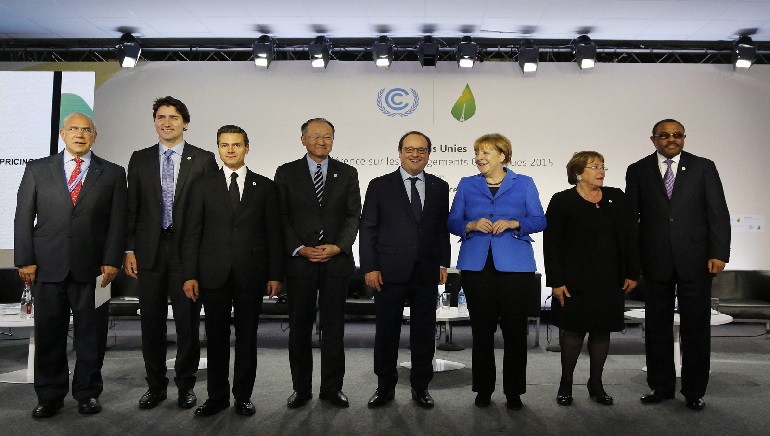According to new research, 22 million acres of land in Indonesia earmarked for palm oil cultivation may become stranded assets if investments and regulations shift in support of the Paris Climate Agreement. Climate risk analysis firm Orbitas warns the threat to Indonesian palm oil producers and investors who pursue unsustainable production will be severe if world governments and financial markets address deforestation’s role in climate change.
The production of palm oil in Indonesia accounts for 72 percent of global production. Palm oil plantations in Indonesia have repeatedly come under fire for destroying tropical rainforests. This is a practice that contributes to greenhouse gas emissions and reduced carbon sinks.
In spite of this, Orbitas estimates that more than three quarters – 76 percent – of Indonesia’s unplanted palm oil concessions. The same goes for 15 percent of the country’s current plantations. Investment changes and regulatory changes will render unsustainable production unprofitable soon. If global warming rises by 1.5 degrees Celsius, palm oil prices may rise by 29 percent. As a result, the undeveloped plantation land in Indonesia may increase by 52 percent, resulting in significant challenges.
In addition, it is expected to increase global demand for palm oil in the coming years, creating a market value increase of $9 billion. Palm oil was used to produce a wide variety of food, drinks, and consumer goods.















